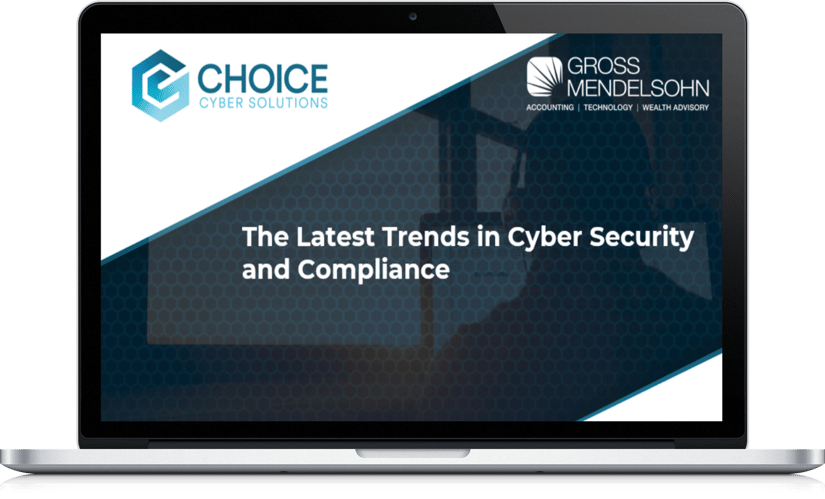Cloud hosting is all the rage. Chances are, some aspect of your organization’s technology lives in the cloud. But what does “cloud hosting” mean, and what do you need to know to evaluate whether it’s a good option for your business?
One popular cloud host got some unwanted attention recently when they booted a social media platform whose conservative leanings were not to their liking. The social media platform went offline abruptly and scrambled to find a new host. This caused a media stir amidst the trend of “cancel culture” and prompted many business owners to ask, “Could that happen to me?”
Regardless of who your cloud host is, it’s worth looking at whether your business’s data is safe on their platform and whether that host is the right fit for you.
Let’s step back and cover some basics of how businesses use the cloud.
What Is a Cloud Service Provider?
A cloud service provider is simply a vendor that provides a service via the internet to replace or enhance what an organization would have to create on their own. This can be a single software application, computing power or a combination of the two. All these services leverage virtualization and allow for vast scalability. Typically, you pay for only what you need.
Different Types of Cloud Hosting
Software as a service (SaaS) allows your business to access software that’s hosted elsewhere from a browser on your device. An example of this is NetSuite.
The benefit of using a SaaS option, like NetSuite, is that you can bypass some of the hassles associated with using an on-premise software solution.
For example, some businesses purchase on-premise software, install it on their own server or workstation, share it with their accounting team and use it locally. In that scenario, you’d be responsible for securing, maintaining and backing up the software and its data.
SaaS - using software hosted in the cloud - allows you to avoid those tasks.
Platform as a Service (PaaS) provides your business with a framework for development of a custom application.
Infrastructure as a Service (IaaS) provides your organization with computer, networking and similar services to create an environment that replaces on-premise servers.
Common Cloud Hosting Mistakes and Misconceptions
- A common misconception is that once you are using a cloud service provider, you no longer need to worry about software updates and security. Nothing could be further from the truth. Some cloud offerings take the hardware layer off your hands. The operating system, applications, and access to that system, however, are still left up to you to configure and maintain.
- Cloud providers do layer on the additional cyber security measures required in today’s online world. But that’s not always a good thing. The more you rely on the cloud vendor, the less control you end up with. That might not work well for your business.
- No two providers are the same. It seems obvious, but one of the keys to cloud hosting success is making sure you know how to best configure the service you have chosen. Many cloud providers offer the granular controls that you need but the terminology between vendors doesn’t always match. Be sure to spend time learning the specifics of the services you have chosen. Or, you can hire an IT professional to do that.
- Pay close attention to how to get your data into your chosen cloud provider’s environment. Just as important, if not more so, know how you can get your data out of it if needed.
When to Find a New Cloud Hosting Option
The cloud provider that was once a great fit when your business first moved to the cloud might no longer suit your needs as your business grows. Maybe your cloud host hasn’t delivered on their promised advancements or has significant downtime. Perhaps your business has certain compliance requirements that your current cloud host doesn’t meet. Or maybe another provider just has more relevant services for your business.
You have undoubtedly heard stories of “cloud adoptions gone wrong.” This does happen but with the right planning and execution, you can end up with a stronger, more secure and scalable solution than upgrading your outdated hardware.
What to Look for In a Cloud Service Provider
When looking for the right cloud service provider, there are a few key points to look for. Ask yourself:
- Does it integrate with the tools that my company is already using and familiar with?
- Are there options for moving quickly or slowly into this environment?
- Can I pay for what I use and possibly switch to a longer-term payment option to save money?
My favorite cloud solution provider, and one that ticks all of the boxes above, happens to be Azure.
One of the immediate benefits of Azure is that you can try it out without making a long-term commitment right away. We often work with clients to create a proof of concept using Azure’s pay-as-you-go option. If our client is happy with Azure, then they move to Azure’s three-year reserved option to get the best deal.
Azure allows you to easily scale up or down for system and bandwidth resources as well as user levels. Security is at Azure’s core. Environments requiring best practices all the way up to FedRAMP level security can be accommodated.
If your business needs strong analytics, Azure offers multiple ways to securely store and dig deep into your data so you can monitor your KPIs and improve your business.
Don’t forget about continuity. Azure provides integrated options as part of their core services. Azure also allows you to use resources outside of its ecosystem.
Azure is just one tool on the market. This is only a brief and high level overview of what to consider as you look for the right cloud hosting tool for your organization.
What's Next?
If you’re wondering whether you should move your business to a different cloud provider, start with a review of what is critical to your business. Then, consider whether your current cloud provider is living up to those expectations.
Need Help?
Our IT team is here to talk through your cloud hosting situation. Contact us online or call 410.685.5512.


